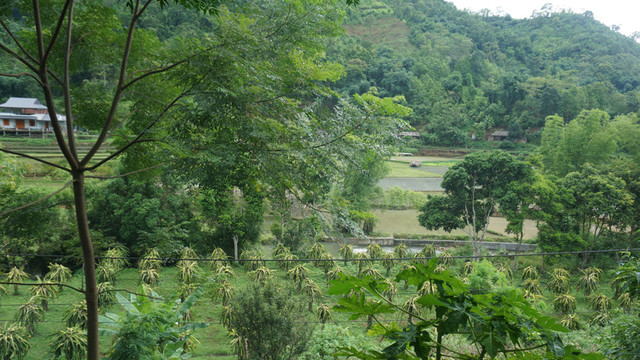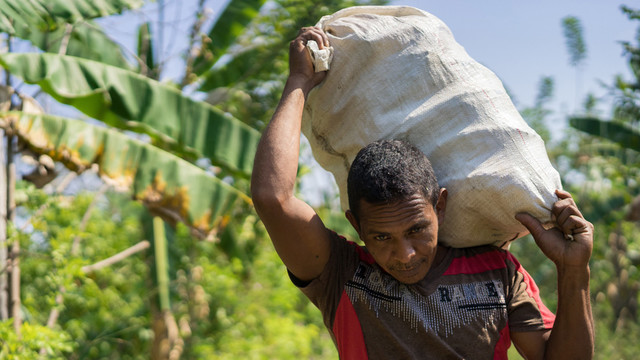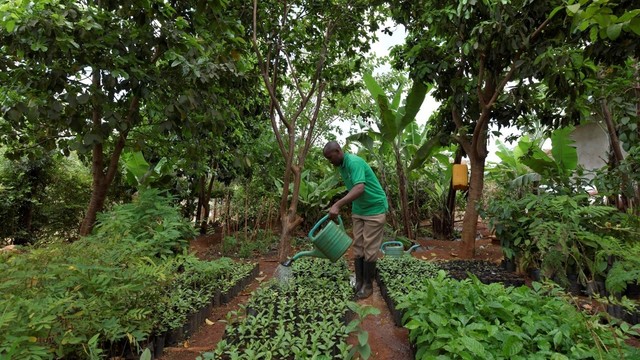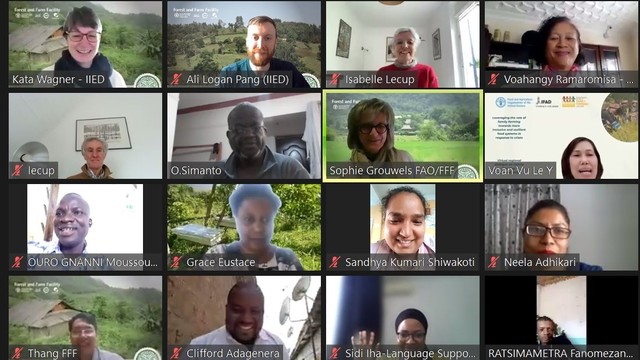Tackling deforestation as part of climate action
While world leaders worked towards a new global climate change agreement at COP21 in Paris, 51 practitioners, policymakers and researchers met at a two-day IIED workshop about REDD+ to discuss the key role forests can play in climate change mitigation.

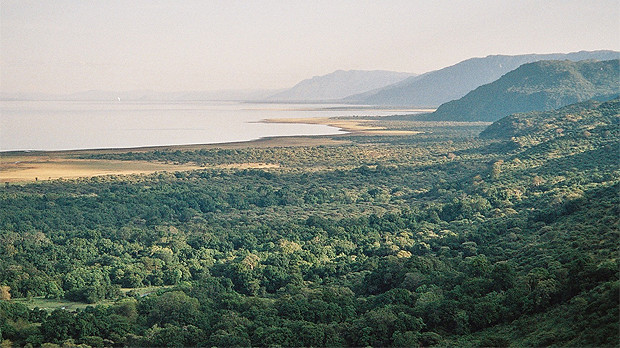
An area of forest in Tanzania, where REDD+ activities have included the support of community land use planning and the provision of alternative livelihoods (Photo: Clem23, CC BY-SA 3.0)
The success of Reducing Emissions from Deforestation and Forest Degradation (REDD+) led participants from 14 countries at IIED's workshop on engaging men and women in REDD+ businesses to call for an ambitious and legally binding climate change agreement, that is backed by matching finance packages to incentivise reduced deforestation and forest degradation.
As countries start to turn the original vision for REDD+ – to create new financial incentives to reduce deforestation and degradation through payments for forest carbon – into practice, the complexities underlying this simple idea are beginning to surface. It is not helped that global demand for forest carbon remains slow to materialise.
Mirey Atallah, senior program officer at the UN-REDD secretariat, explained that REDD+ is about a new mindset that ensures that forests are in countries' low emission development strategies.
This allows opportunities to broaden participation in land use decision-making; opening dialogue between different ministries and creating better ways to tackle drivers of deforestation and forest degradation. For example, increasing transparency to reduce corruption in the forest sector in Kenya and reviewing coherence between forest and agriculture policies in DRC.
A wealth of local experience
As the global and national discourses on REDD+ shift, there are different REDD+ delivery models at local and sub-national levels. From the Beira Landscape Corridor in Mozambique to Yaeda Valley in Tanzania, activities have:
- Supported community land use planning
- Improved biomass supply chain
- Provided alternative livelihoods, including eco-tourism and non-timber forest products
- Built capacity for small-medium logging companies to manage their forests sustainably, and
- Incentivised conservation agriculture.
REDD+ activities need to be strategically designed based on an understanding of the key drivers of deforestation and degradation. They need to be profitable to local land users – with carbon income as a potential premium in the long term. Projects also need a business plan at the initial phase of activity design.
Now REDD+ needs to invest in locally-rooted organisations that can continuously work with communities, listen to their needs, build trust and advocate for enabling policy environments that can support and develop best practices. At the same time REDD+ needs to nurture partnerships between communities, government, NGOs and the private sector, based on common interests.
Gender equality for success
Experiences from Vietnam, Nepal and Tanzania have shown that women and men play different roles in the supply chains that drive deforestation and degradation, and bear different costs and benefits from REDD+ interventions.
Encouragingly, gender considerations have been included as part of the UN Framework Convention on Climate Change (UNFCCC) official agreements since 2010, and there are increasing numbers of countries including gender-related issues in their national REDD+ strategy.
Even in countries such as Ghana, where customary laws may undermine gender equality, practitioners are finding ways to work within existing cultural norms while identifying strategic actions to bring transformational changes in the long term, such as land rights and land access for women.
Global commitments must scale up
To bolster existing local and sub-national activities, there needs to be strong political will and the capacity to create an enabling policy environment as well as provide continued financial support. A global commitment in the Paris Agreement ensures that the agreed REDD+ framework under UNFCCC will be translated into country-level actions and global financial support from both the public and private sector.
On 30 November 2015, the first day of COP21, Norway, Germany, and the UK jointly pledged US$5 billion to REDD+ over the next five years. This sends a strong signal of continued political support for the role of forests in climate change negotiation but it stills falls far short for the estimated $12.5-60 billion needed for REDD+ annually.
Private sector finance will be key
To secure this, public sector policy needs to build an investment environment to attract more impactful investment which has secure tenure, better infrastructure, and a sound business plan that includes generation of carbon credits and clear engagement of local people.
Internationally, nearly 300 major commodity companies have made commitments to eliminate deforestation from their supply chain.
This can bring transformational changes down the supply chain if support is provided as part of the commitments to build local producers'capacity to adopt zero-deforestation practices. There are a growing number of so-called impact investors who accept a lower financial return for positive social or/and environmental impacts (e.g. both Carbon Tanzania and Micaia in Mozambique have successfully attracted impact investments).
REDD+ countries can also look at domestic fiscal and non-fiscal policies and leverage private sector in the domestic markets – financing emission reducing intervention and creating demand for the generated credits. A variety of tools can be used, based on different country contexts, such as a domestic carbon tax or the removal of perverse subsidies for commodities that drive deforestation and degradation.
Don't let the perfect be the enemy of the good
There are additional challenges for REDD+. For example, setting reference levels for deforestation and degradation can be complex in terms of scope, scale and timeline. Measuring degradation and establishing a socio-economic baseline can also be costly.
REDD+ needs to be a reiterative process where countries are allowed to learn by doing. They can then adapt, based on specific national and regional contexts combined with the available data.
To borrow from the French philosopher Voltaire, whatever REDD+ does, we shouldn't let the perfect be the enemy of the good.
Xiaoting Hou-Jones (xiaoting.hou.jones@iied.org) is a researcher in IIED's Natural Resources Group.
